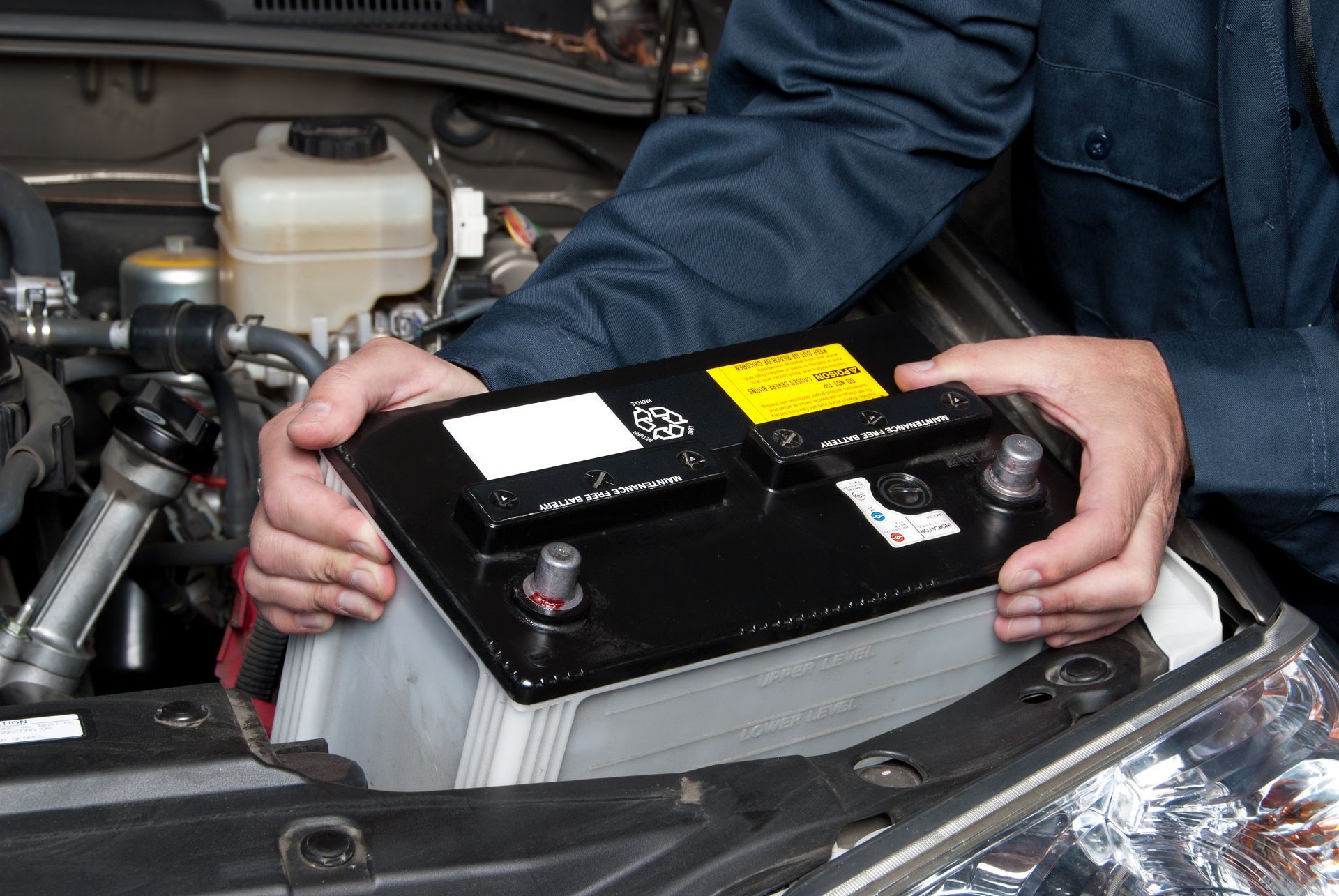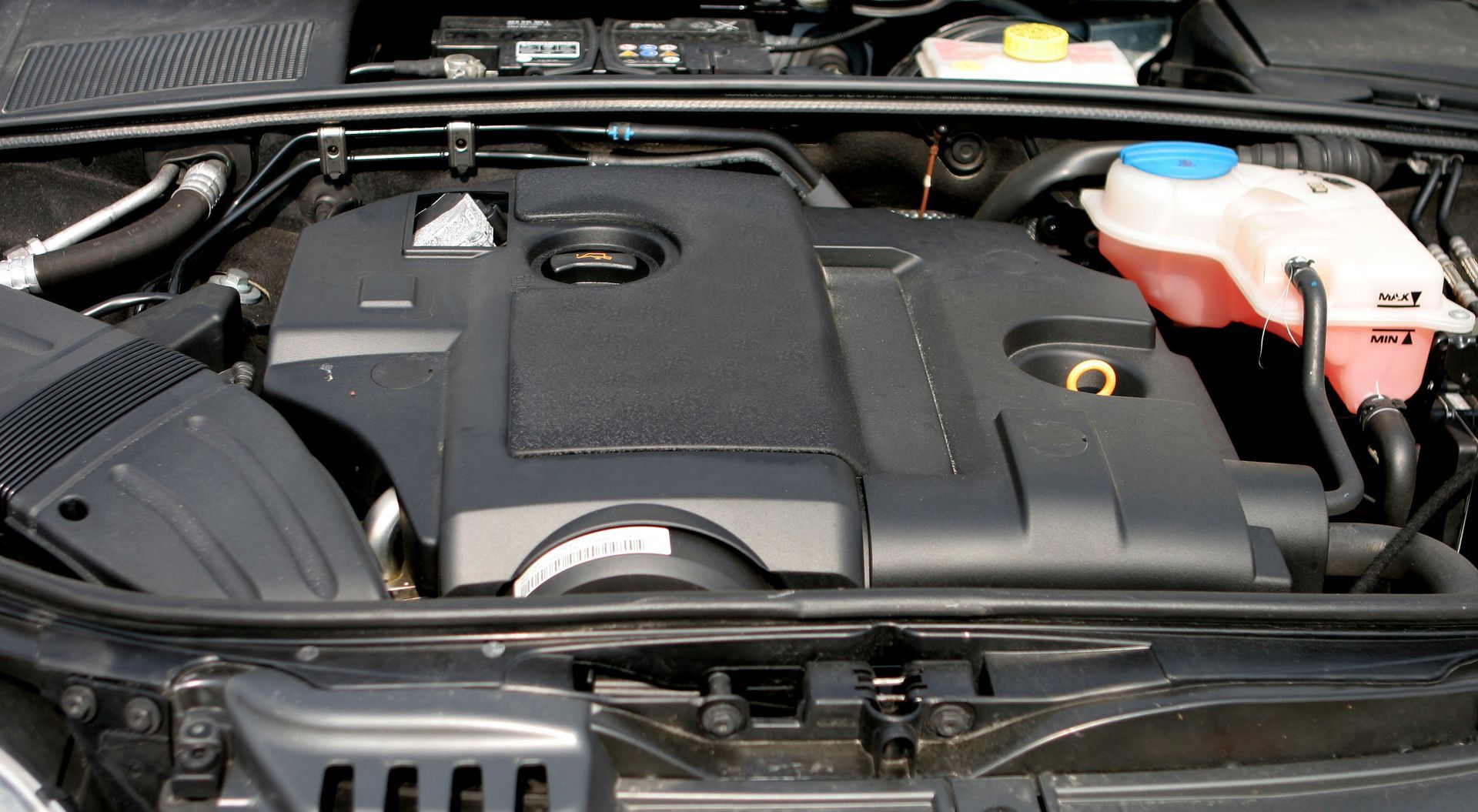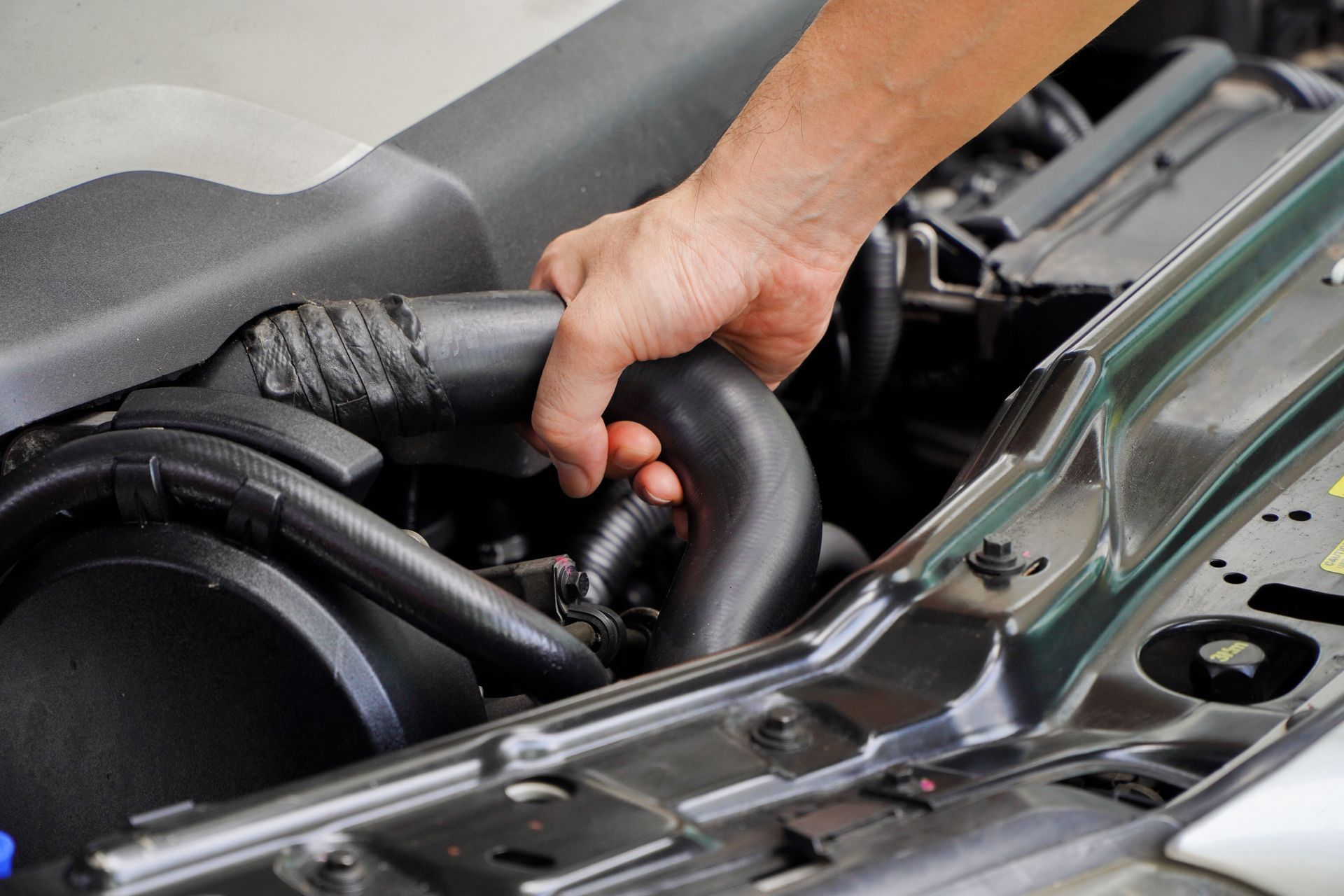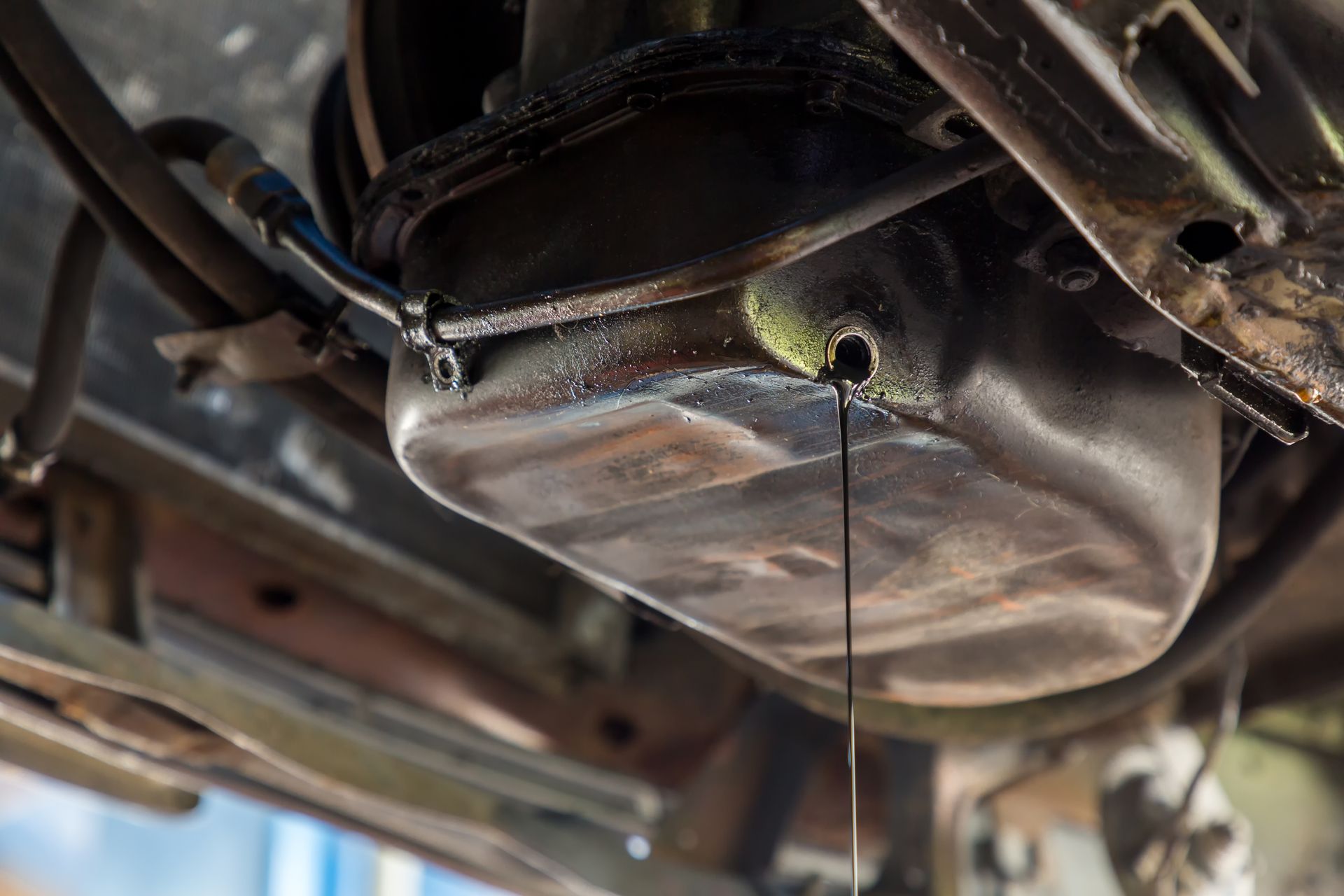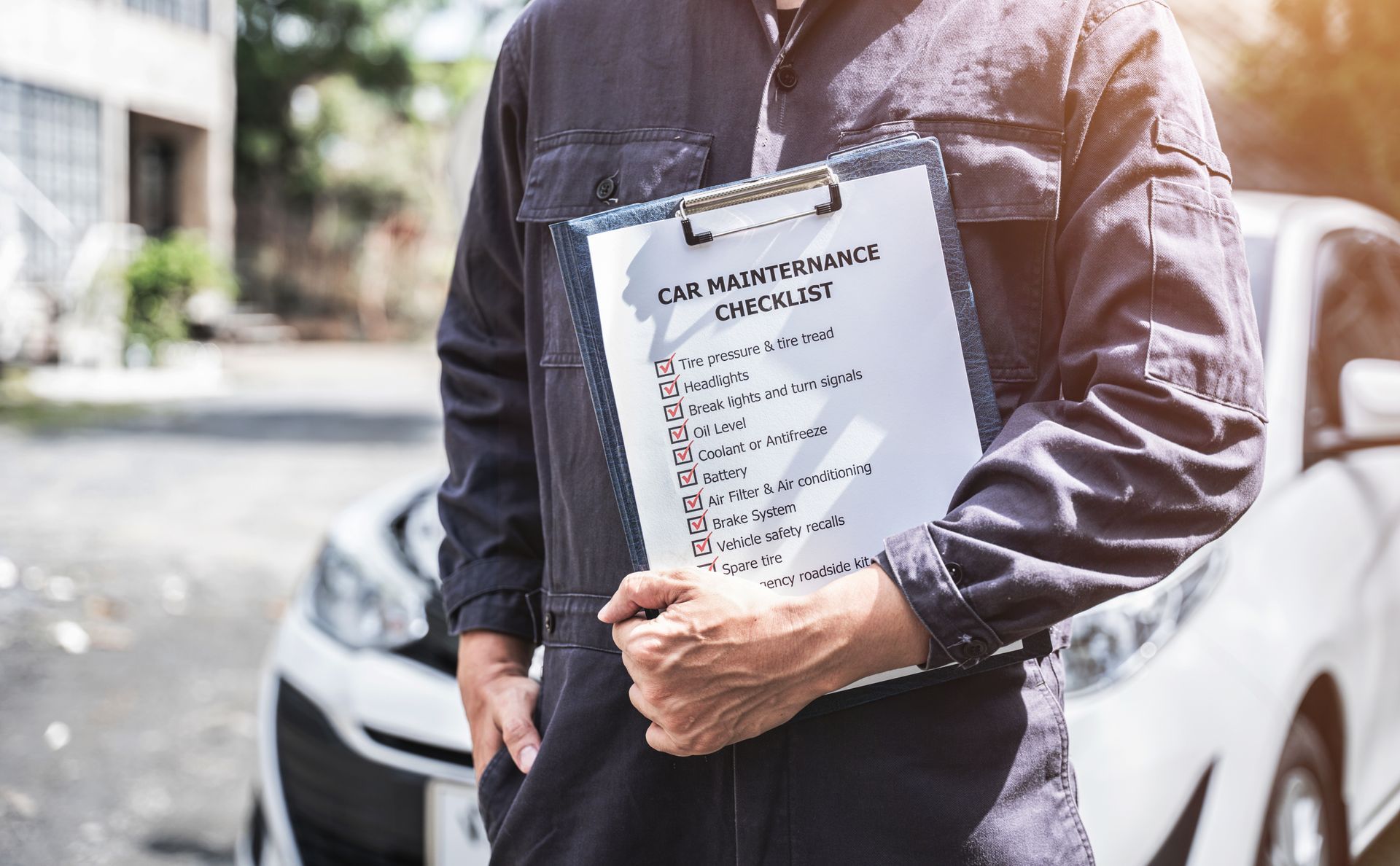Your car’s shocks (shock absorbers) play a crucial role in providing a smooth, controlled ride. They don’t just make driving more comfortable — they’re essential for vehicle safety, helping your tires maintain contact with the road during bumps, turns, and sudden maneuvers. Over time, shocks wear out, and failing to address this can lead to poor handling, longer stopping distances, and excessive wear on other suspension components. Knowing the signs of worn-out shocks can help you address problems early and keep your car safe and comfortable.
What Do Shocks Do
Shocks control the rebound and compression of your car’s suspension springs. When you hit a bump, the springs absorb the impact, and the shocks prevent the vehicle from bouncing excessively afterward.
Good shocks keep your tires firmly planted on the road, which is essential for steering, braking, and overall stability.
Signs Your Shocks Are Worn
Bouncy or Unstable Ride
A common symptom of worn shocks is a bouncy ride. If your car continues to bounce after hitting a bump or feels unstable when driving over rough surfaces, your shocks may no longer be controlling the suspension effectively.
This instability can make it harder to control your car and increases the risk of losing traction.
Nose Dives and Rear Squats
During hard braking, you might notice the front of your car diving sharply toward the ground, known as a "nose dive." Conversely, if the rear squats or sags when accelerating, it's another sign of worn shocks.
Both of these issues indicate that your shocks can no longer properly control weight transfer.
Uneven Tire Wear
Worn shocks can cause your tires to lose consistent contact with the road, leading to uneven or "cupped" tire wear patterns.
If you notice unusual tire wear, it could be a sign that your shocks (or other suspension components) need attention.
Longer Stopping Distances
When shocks are worn, your tires may not maintain proper contact during braking, which can increase stopping distances.
In an emergency stop, this could mean the difference between a close call and a collision.
Leaking Fluid
Shocks contain hydraulic fluid that helps dampen suspension movement. If you see oil leaking down the side of your shock absorbers, it’s a clear indication that they’ve failed and need to be replaced.
Excessive Body Roll
If your car leans excessively when turning corners, it might mean your shocks can’t handle lateral forces effectively.
This not only reduces your vehicle’s handling but also compromises safety during sudden maneuvers.
Why You Shouldn’t Delay The Repair
Driving with worn shocks affects more than just comfort — it impacts safety. Reduced traction, longer braking distances, and unpredictable handling all increase the likelihood of accidents.
Worn shocks can put extra stress on other suspension parts, leading to further, more expensive repairs down the line.
How Long Do Shocks Last
The lifespan of shocks depends on factors like driving style, road conditions, and vehicle load. Generally, shocks can last between 50,000 and 100,000 miles, but regular inspections are crucial to determine their actual condition.
Drivers who frequently travel on rough roads or carry heavy loads may need to replace shocks more often.
Importance of Professional Inspection
Diagnosing worn shocks isn’t always straightforward. A trained technician can perform a thorough suspension inspection, checking for fluid leaks, bounce tests, and worn bushings or mounts.
They’ll also inspect related components to ensure your entire suspension system functions safely and efficiently.
Trust Tom’s Auto Maintenance in Milwaukee, WI
At Tom’s Auto Maintenance in Milwaukee, WI, we understand how vital shocks are to your vehicle’s safety and ride quality. Our experienced technicians are trained to detect signs of suspension wear and recommend the right repairs to keep your car performing its best.
If you've noticed bouncing, unusual tire wear, or longer stopping distances, don’t wait. Schedule an inspection with us today, and let us help you drive with the confidence and comfort you deserve.



